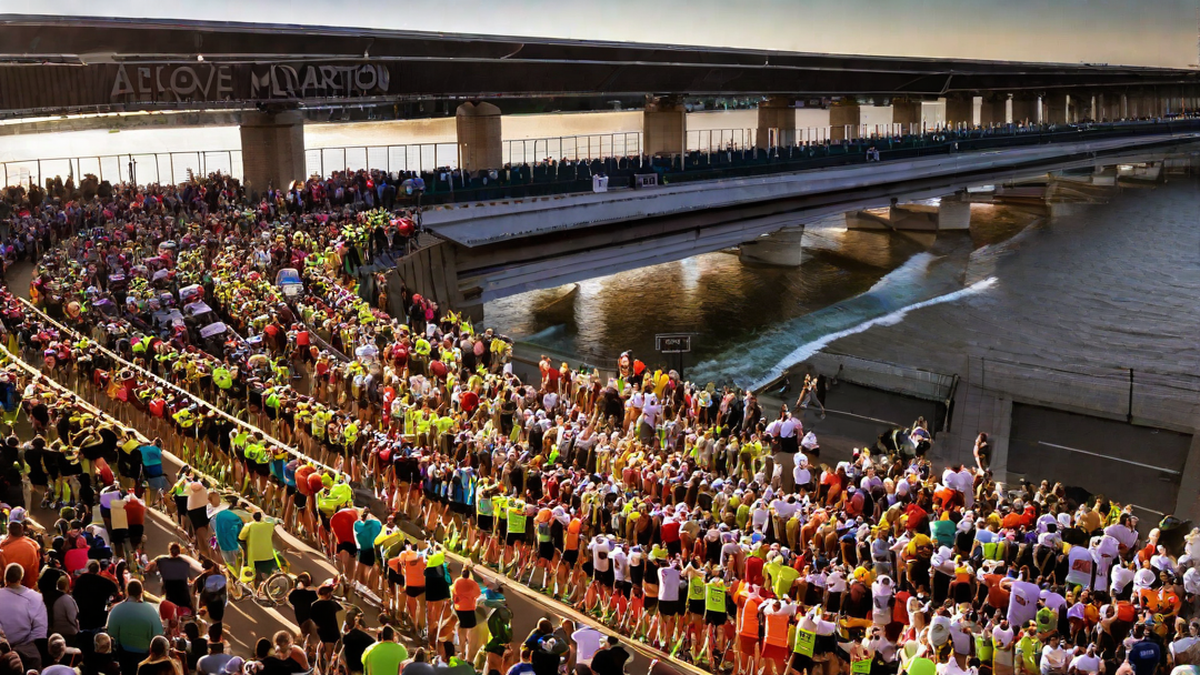As a marathon runner, one of the most important aspects of preparation for a race is fueling my body with the right foods. The food I eat before a marathon can have a significant impact on my performance and overall experience during the race. In this article, I will share my personal insights and delve into the details of what marathon runners typically eat before a race.
Importance of Pre-Race Nutrition
Before diving into the specific foods, it’s crucial to understand the importance of pre-race nutrition for marathon runners. The body relies heavily on glycogen, which is stored glucose, as its primary source of energy during endurance activities like running a marathon. Consuming a well-balanced meal before the race ensures that glycogen stores are maximized, providing the necessary energy to sustain performance throughout the run.
The Timing of Pre-Race Meals
The timing of pre-race meals is crucial to optimize digestion and energy levels. Typically, runners aim to have their last meal 2 to 4 hours before the race to allow for proper digestion. This timeframe allows the body to absorb and utilize the nutrients effectively without causing any discomfort during the race. It’s important to experiment with different timings during training to determine what works best for your body.
Carbohydrates: The Foundation of Pre-Race Fuel
Carbohydrates play a vital role in marathon runners’ pre-race nutrition. They are the primary fuel source for endurance activities. Complex carbohydrates like whole grains, fruits, and vegetables are preferred as they provide a steady release of energy. Some popular carbohydrate-rich foods include:
- Whole wheat pasta or rice
- Quinoa
- Sweet potatoes
- Oatmeal
These foods are not only rich in carbohydrates but also contain essential vitamins, minerals, and fiber, which are beneficial for overall health.
Protein for Muscle Repair and Recovery
Protein is another important component of a pre-race meal for marathon runners. It aids in muscle repair and recovery, which is crucial for endurance activities. Lean sources of protein, such as chicken, fish, eggs, or tofu, are ideal choices. Including a moderate amount of protein in your pre-race meal can promote muscle maintenance and reduce the risk of muscle breakdown during the race.
Hydration: The Key to Optimal Performance
Adequate hydration is essential for marathon runners before a race. Properly hydrating your body helps maintain circulation, regulate body temperature, and prevent dehydration during the race. In the days leading up to the marathon, it’s important to drink enough water and other hydrating fluids. Additionally, consuming a glass of water with your pre-race meal is a good practice to ensure hydration before the race starts.
Experimentation and Personal Preferences
While there are general guidelines for pre-race nutrition, it’s important to remember that each runner is unique. What works for one person may not work for another. It’s crucial to experiment during training to find the foods that provide you with the most energy and minimize discomfort. Pay attention to how your body responds to different types of foods, and make adjustments accordingly.
Conclusion
Paying attention to pre-race nutrition can significantly impact a marathon runner’s performance and overall experience during the race. Consuming a balanced meal rich in complex carbohydrates and moderate in protein, along with proper hydration, can provide the necessary fuel and energy for a successful marathon. Remember, it’s important to personalize your nutrition plan based on your body’s specific needs and preferences. So, fuel up, hydrate, and enjoy the incredible journey of running a marathon!

